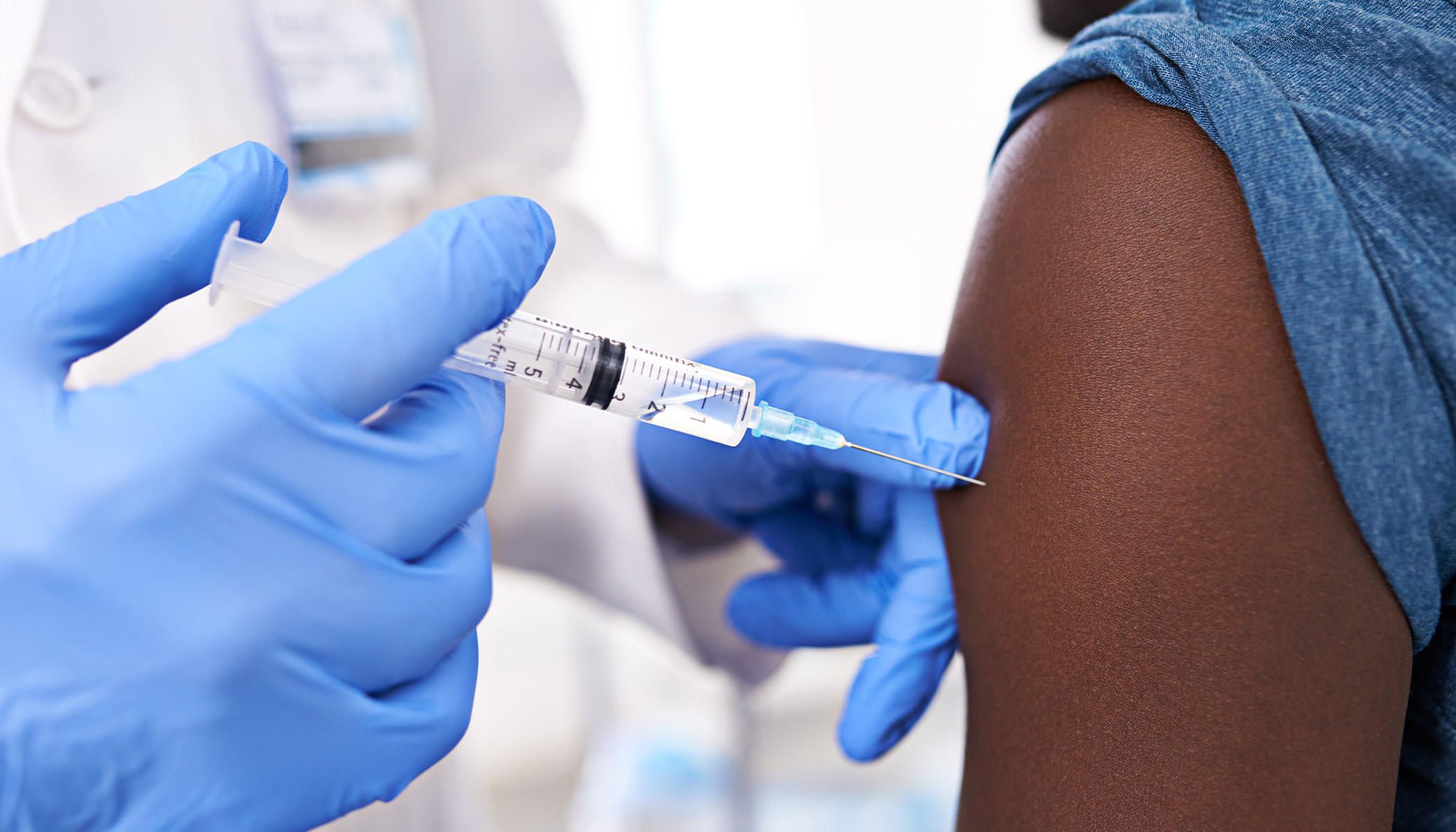Revolutionizing Vaccine Design
Technology TransferOn 12 January 2020, China shared the genetic sequence of the novel coronavirus. It was a Sunday, but Professor Jonathan Heeney, Head of the Laboratory of Viral Zoonotics, began work on a vaccine immediately.
DIOSynVax
Luckily, he had a head start. In 2017, he had founded spin-out company DIOSynVax, aided by Cambridge Enterprise. Heeney also had 25 years of vaccine development work under his belt.
Heeney’s objective in founding DIOSynVax was to radically alter the way vaccine antigens are designed. Historically, the creation of an effective new vaccine has required years of work and hundreds of millions of pounds. DIOSynVax, which is shorthand for Digitally designed, Immune Optimised Selected and Synthesized Vaccines, uses a multi-step vaccine platform technology that speeds up the process enormously.
DIOSynVax had already proven its worth, having created a highly effective vaccine for three deadly haemorrhagic fevers. Heeney’s technology had recently won support from the Bill & Melinda Gates Foundation and Innovate UK to develop universal influenza vaccines. DIOSynVax had geared up to pursue this ‘Holy Grail of vaccines’ when the acute respiratory disease hit Wuhan. It turned out to be a coronavirus, an old foe Heeney had fought as a graduate student.
Creating a vaccine candidate
Heeney worked flat-out, self-isolating in College and toiling through weekends from March to July. He and his team created a vaccine candidate, DIOS-CoVax, aimed at all SARS-CoV-2-related viruses. Currently being manufactured, it will enter a Phase I clinical trial later this year.
How did they do it? The first step was scouring databases, which contain the genetic sequences of all known coronaviruses, including those from bats. They then designed libraries of DIOS computer-generated antigen structures. These unique, synthetic structures were selected to react across a wide group of coronaviruses, including viral variants of SARS-CoV-2. These antigens can be used to train the human immune system to identify and target key regions shared by groups of coronaviruses, blocking them from causing disease.
This finely targeted, computer-enhanced approach averts a dangerous potential mistake: off-target immune responses against parts of the coronavirus that can make the infection worse. Such an error can trigger hyper-inflammatory immune responses, which lead to COVID-19 disease.
Next steps
DIOSynVax synthetic antigens are generated as ‘click-and go’ vaccine inserts, which are highly compatible with the leading COVID-19 vaccine candidates, regardless of whether they use RNA, DNA, or other recombinant viruses to deliver their antigens. The company’s highly adaptable technology is designed to work seamlessly with the latest large-scale vaccine manufacturing platforms.
In the proof of concept Phase 1 trial, the DIOS antigen will be delivered via DNA. This means it can be freeze-dried as a powder, is stable at room temperature, and thus does not require a cold chain for delivery, which will be particularly important in resource-constrained countries. An additional advantage is that the vaccine can be delivered without a needle, using a jet of air.




